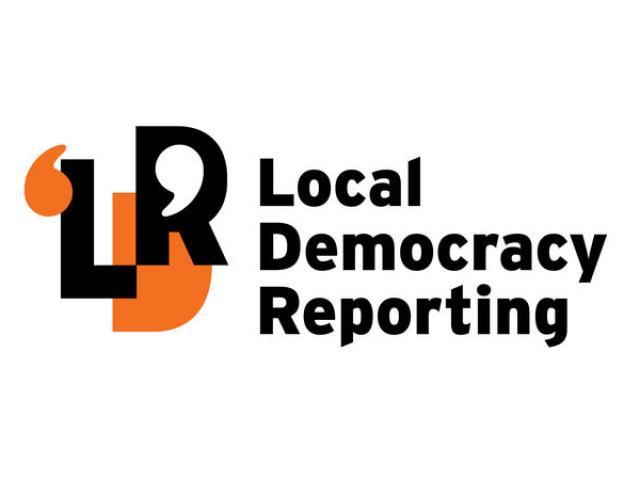
North Canterbury’s mayors last week called for funding assurances for the Mayors’ Taskforce for Jobs (MTFJ) programme, which helps young people get into employment.

‘‘MSD has been meeting with the Mayor’s Taskforce for Jobs (MTFJ) about continuing to support local solutions for getting people into work, and we will have more to say about this in due course.’’
MSD industry partnerships director Amanda Nicolle said it valued the work the MTFJ programme did for young people and had been meeting with Local Government New Zealand (LGNZ).
‘‘We’ve signalled our intent to continue this relationship, while Mayor’s Taskforce for Jobs continues to deliver on outcomes for our young people aligned with government priorities.’’
The national unemployment rate continues to climb, reaching 4.6 percent in the June quarter, with young people aged 16 to 24-years the hardest hit.
The MTFJ programme is funded by MSD, with the Government providing $18 million from 2023 to 2025.
The Waimakariri District Council only joined the programme at the beginning of last year, but has already had some positive outcomes, Mayor Dan Gordon said.
‘‘The programme provides a really good opportunity for young people to be matched to learn a skill and a trade.
‘‘It is great for our local employers and I’m really proud of the programme we’ve got here and the work that (facilitator) Elizabeth (Trevathan) is doing with the programme and the number of placements there’s been.
‘‘It is clear that there is a real demand and need for it.’’
Kaikōura Mayor Craig Mackle and Hurunui Mayor Marie Black said last week it was difficult to retain staff without funding certainty.
Mr Mackle said he was pleased with the prompt response from the Ministry.
Mrs Black said the relationship between MFTJ and the community is delivering ‘‘great outcomes for our district’s young people’’.
‘‘Among the many highlights of the past year for me has been the collaboration between our employers, council staff and the young people of Hurunui.’’
She said the community driver mentor programme, which supported the MTFJ programme, was also a success.
‘‘The Hurunui district is predominantly rural and it is not easy for our young people to afford the time and cost to obtain a driver’s licence to be able to travel to employment prospects.
‘‘While the reduced funding and current economic times have been a challenge, the good work of the team and the co-operation between various employers continues to make a difference.’’
MTFJ chairperson Max Baxter said in discussions with MSD were ongoing.
‘‘We value the relationship with MSD to get support out to the grassroots through the Community Employment Programme.’’
The Kaikōura MTFJ programme is contracted for 38 sustainable (at least 91 days), full-time employment placements, and placed 48 people in the year to June 30, including 44 young people.
The Hurunui programme is contracted for 15 placements, and placed 16 young people.
MTFJ Waimakariri facilitator Elizabeth Trevathan said around 130 referrals or contacts from job seekers have been received in the last 12 months.
‘‘On average we have around 40 job seekers actively engaged at any one time.’’
While the Waimakariri programme is only funded for 14 placements, it has placed 29 people, including 26 youth.
A further 20 young people have been placed into part-time, casual or fixed term employment contracts.
The most popular industries included retail, construction and manufacturing.
Young people have found employment as labourers, apprentices, nursery workers, community based caregivers, in wool processing, baking, brick and block laying, early childcare, and in food and beverage.
MSD also funds other youth programmes, including direct career services, He Poutama Rangatahi, Whakawātea te ara Poutama Employment programmes, Limited Service Volunteer, driver licence support, Education to Employment, the training incentive allowance, Rapid Return to Work and phone-based case management for 18 to 24 year olds.
By David Hill, Local Democracy Reporter
■ LDR is local body journalism co-funded by RNZ and NZ On Air.












